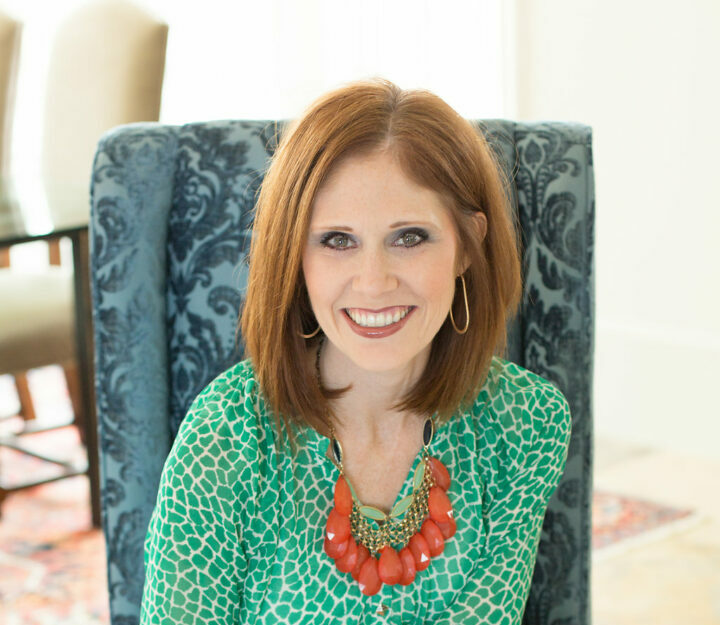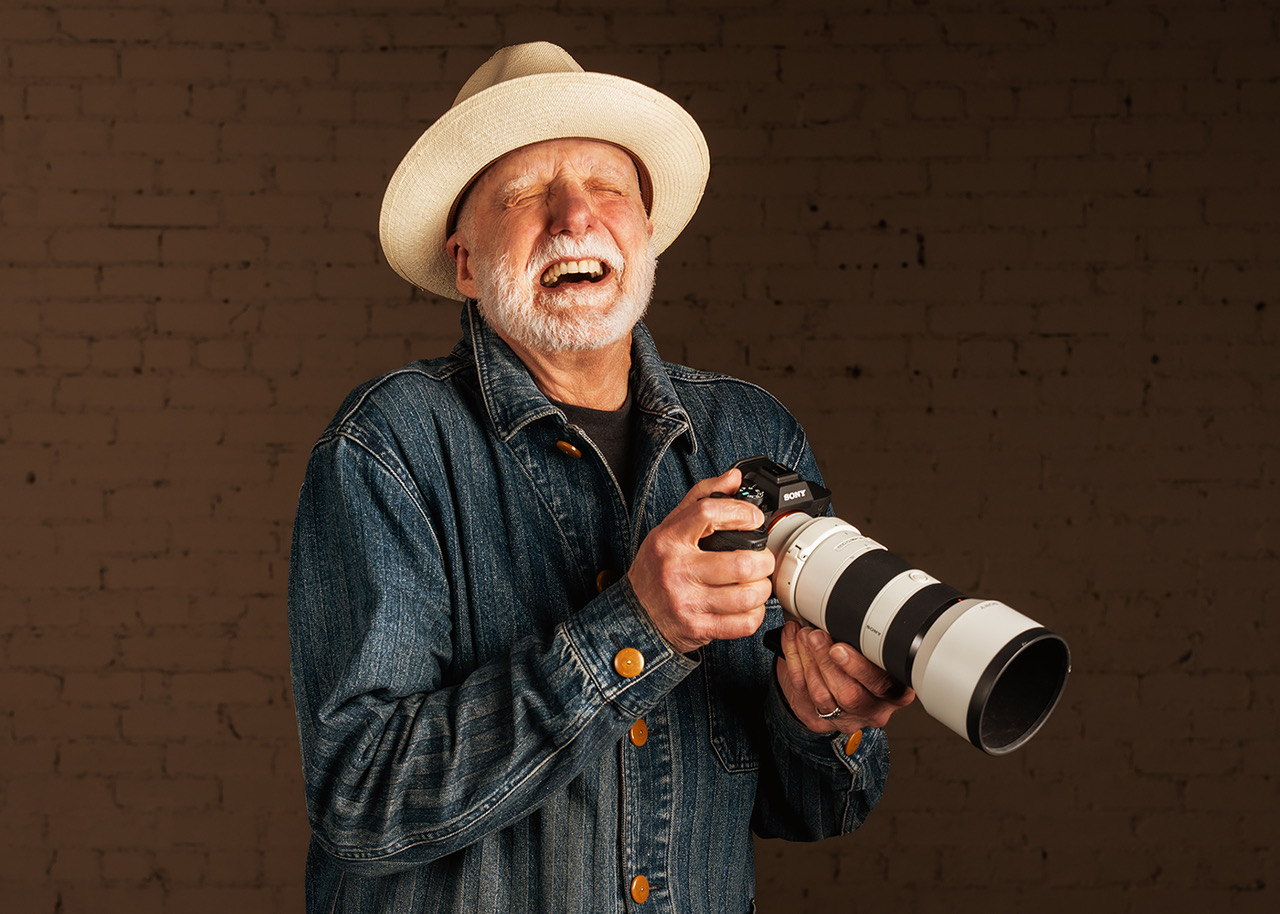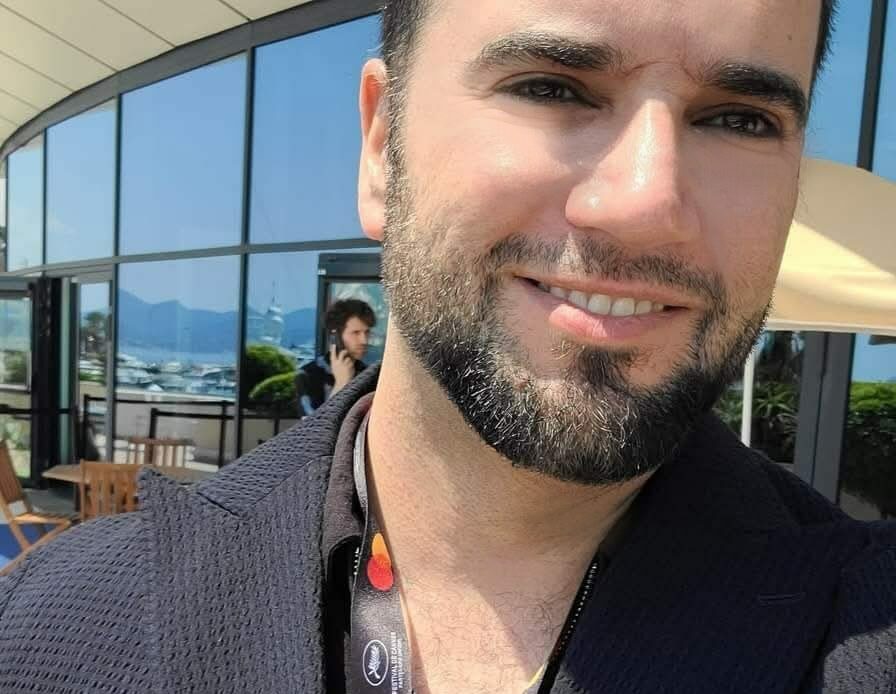Alright – so today we’ve got the honor of introducing you to Lea Lis. We think you’ll enjoy our conversation, we’ve shared it below.
Lea, we’re thrilled to have you on our platform and we think there is so much folks can learn from you and your story. Something that matters deeply to us is living a life and leading a career filled with purpose and so let’s start by chatting about how you found your purpose.
The journey to discovering my purpose wasn’t straightforward; it was paved with challenges that, ironically, illuminated my path. As a child, my rapid growth spurt led to me towering over my peers at 6’3″. The teasing and awkwardness I endured due to my height fostered a deep sense of empathy within me. I understood firsthand the sting of being different and the isolation it could bring. This experience instilled in me a desire to connect with and support others who faced similar adversity.
My aunt, a psychiatric social worker, played a pivotal role in shaping my purpose. As a young teenager, I had the opportunity to work alongside her in a psychiatric ward, interacting with children with ADHD and adults grappling with a range of psychiatric illnesses, including HIV/AIDS-related dementia. Witnessing their struggles while recognizing my own good fortune ignited a profound realization: we all possess unique qualities that may be perceived as “strange” or “different,” but those very qualities contribute to the rich tapestry of humanity. As long as we remain true to ourselves, the opinions of others cannot diminish our worth.
Embracing my authenticity unveiled a truth that had always resided within me: I was born to be a healer. The desire to listen, to offer support, and to alleviate suffering was ingrained in my very being. While I identify as a psychiatrist, I see myself primarily as a healer. It’s a calling that transcends professional titles; it’s an intrinsic part of my identity.
My journey has been guided by a deep-seated belief in a higher power and a sense that my life unfolds according to a divine plan. Through giving to others, I have received immeasurable fulfillment. I feel as though I was born with the wisdom of a grandmother, the healing touch of a shaman, and the knowledge of a doctor.
My greatest wish is for everyone to discover their purpose and experience the profound joy that comes from connecting authentically with their community. I’m particularly passionate about helping children and adults tap into their innate goodness and recognize their inherent worthiness. In a world that often emphasizes achievements and accolades, I believe it’s crucial to remind individuals that they are enough, just as they are. That living in the moment is the best way to live, that unfairness and mistakes are inevitable, but they are also our greatest teachers, offering valuable opportunities for growth and self-discovery. Helping my patients and my community around me learn these lessons rise above anger, learn to forgive and be present to the joyousness is my lifes work.

Great, so let’s take a few minutes and cover your story. What should folks know about you and what you do?
I am the founder of Hamptons Insight, www.hamptoninsight.com
is a revolutionary approach to healing and self-discovery Currrentoy we use Ketamine as a psychedelic which works by facilitating a profound exploration of one’s life and experiences, often described as akin to watching a movie of your own existence. This cinematic introspection allows individuals to observe their choices, motivations, and behaviors with a detached clarity that is often unattainable in ordinary consciousness.
This detachment enables a shift from simply hearing the internal chatter of the mind to objectively evaluating one’s thoughts and actions. By recognizing misalignments between motivations and authentic self, individuals can gain deeper insights into their true nature and make more conscious choices moving forward.
The psychedelic experience can catalyze a profound awakening, leading to a shift in perspective and a renewed sense of inspiration and purpose. This awakening allows individuals to envision and create the next scene of their life with intention and clarity. These moments of inspiration are harnessed and integrated into actionable change through collaboration with a therapist. This process can condense the equivalent of a year’s worth of traditional therapy into a remarkably efficient six sessions.
I had a child with profound OCD who finally spoke to his father again after a year of estrangement. Meanwhile, an individual struggling with alcohol has achieved sobriety by addressing their previous childhood trauma. As a result, these patients are beginning to receive the support they need to move on from a life of pain.
Moreover, psychedelic therapy allows for the revisiting and reinterpretation of past experiences, particularly traumatic ones. By detaching from the immediate emotional impact of these events, individuals can uncover hidden meanings and reframe their narratives. For instance, adversities that were once perceived as unfair can be recognized as catalysts for personal growth, resilience, and character development. This process fosters forgiveness, which is integral to achieving lasting happiness and healing from trauma.
Psychedelic therapy with us at Hampton Insight, offers individuals open arms and a path to find purpose, make meaningful change, and create a fulfilling life. It transcends the limitations of conventional treatments, providing not just temporary relief but a profound transformation of thinking and perspective.
There is so much advice out there about all the different skills and qualities folks need to develop in order to succeed in today’s highly competitive environment and often it can feel overwhelming. So, if we had to break it down to just the three that matter most, which three skills or qualities would you focus on?
Mentorship is absolutely crucial for personal and professional development. Mentors can provide guidance, support, and inspiration, helping you navigate your path and reach your full potential.
There are many different types of mentors. Some mentors are people you know personally, such as teachers, coaches, or family friends. Others are people you admire from afar, such as public figures, historical figures, or fictional characters. Even if you’ve never met them, you can learn from their experiences and emulate their successes.
Once you’ve found a mentor, it’s important to be proactive in building a relationship with them. Ask them for advice, shadow them at work, or attend their events. You can also show your appreciation by sending them a thank-you note or a small gift.
Remember, mentorship is a two-way street. Both the mentor and the mentee benefit from the relationship. So, if you’re looking for guidance and support, don’t hesitate to reach out to a mentor. And if you’re in a position to help others, don’t hesitate to offer your mentorship.
For young people, it is essential to identify your natural talents and explore ways to expand upon them. If you are athletic, consider pursuing sports or fitness-related careers. If you are musical, explore opportunities in the music industry. If you are empathetic, consider a career in counseling or social work. Understanding your strengths and passions will help you find a fulfilling career path.
But tenacity is also very important. When you make a mistake or experience failure realize it’s not that you should regret doing it but more the failure is telling you to to put your energy in another Direction Just shift your energy in some ways the failure is telling you not to waste time on anything on this one thing anymore but rather put your time in another area after all the most important thing we have in life is our time. so we should be grateful of the failure as that means we don’t need to waste our time anymore
Remember, there is no one-size-fits-all approach to success.
In addition to identifying your talents, it’s also important to understand your own authenticity. What are your values? What are your goals? What are your passions? Once you understand yourself better, you can start to focus on your future and make choices that are aligned with your values and goals.

Thanks so much for sharing all these insights with us today. Before we go, is there a book that’s played in important role in your development?
The most impactful book I’ve ever read is “Feeling Good: The New Mood Therapy” by Dr. David D. Burns, particularly the chapter on anger. Dr. Burns’s insights have taught me that anger is largely a futile emotion. In the past, when we were facing immediate physical threats, anger served a purpose. It activated our adrenaline, preparing us for fight or flight. However, in our modern lives, we rarely encounter such threats.
Anger is now an outdated part of our wiring that needs to be controlled by our higher brain functions. We can’t feel anger and joy at the same time, so anger only wastes our time and prevents us from experiencing happiness. By recognizing how anger affects us, we can learn to redirect it. For example, if we believe that life is unfair, we will always be angry. But unfairness is a subjective concept. Life has always been and will always be unfair; dwelling on it only makes us unhappy.
I rarely get angry anymore because I understand its futility and how it hinders positive, fulfilling relationships. When my 14-year-old daughter yells at me or says she hates me, I see it as a love song disguised as anger. Her strong emotions arise from her deep attachment to me. She’s not afraid I’ll abandon her; her anger is simply an expression of her love. The concepts from “Feeling Good” have been invaluable in my life.
Contact Info:
- Website: www.drlealis.com & www.hamptoninsight.com
- Instagram: @shamelesspsychiatrist
- Facebook: @drlealis
- Youtube: https://www.youtube.com/@DrLeaLis
so if you or someone you know deserves recognition please let us know here.




